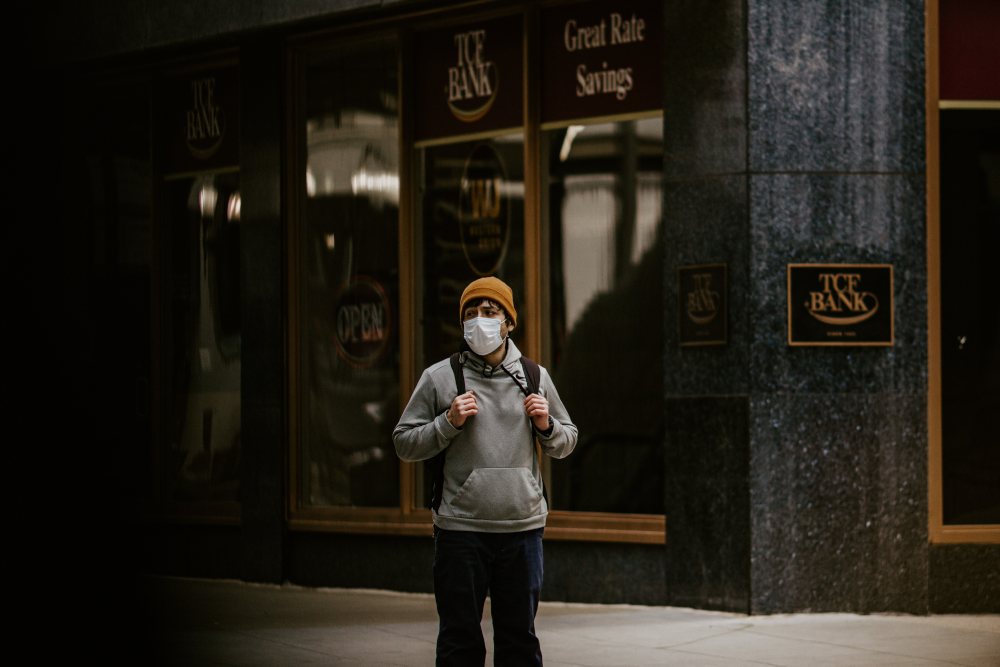
The novel coronavirus, known as COVID-19, has affected the lives of California residents in many ways. Not only has it impacted the day-to-day lives of California residents, but it also has affected the workers’ compensation system.
Due to California shelter-in-place laws that require non-essential workers to work from home when possible, there are fewer people at work during this time. Unfortunately, many people have also lost their jobs. There are also essential workers, including first responders, who are now at a greater risk of contracting the COVID-19 virus.
How a Workers’ Compensation Attorney Can Help
The California workers’ compensation attorney at Kneisler and Schondel has many years of experience handling workers’ compensation claims for his clients. He has a proven track record of success. If you have questions regarding the coronavirus or COVID-19, and how it may affect your workers’ compensation claim, our attorney can help.
If you believe you have contracted COVID-19 while at work, we can help you pursue workers’ compensation benefits. Contact our office today to schedule a consultation to learn more about your potential workers’ compensation claim.
Contracting COVID-19 While Working
For those essential workers that continue to work at this time, there is a risk of contracting the virus at work. Like any other workers’ compensation claim, you must prove that the injury or illness arose out of and occurred in the course of your employment.
If you become infected with COVID-19 as a result of your employment, you may be entitled to workers’ compensation benefits. You will typically need to show that the nature of your employment puts you at a greater risk than the general public. Essential workers, such as doctors, nurses, and other healthcare workers, as well as grocery store employees and employees of businesses that remain open to serve the public at this time, will often have a greater risk of contracting COVID-19.
Assembly Bill 664—What Does This Mean for California Workers?
In order to have a successful workers’ compensation claim, the burden is on the injured worker to prove their case. This means that in typical illness cases, the injured worker would need to prove that they were at a materially greater risk than the general public at contracting the illness.
However, to make this burden a bit easier on employees, the state of California has introduced legislation that will give first responders and healthcare workers protection under the Workers’ Compensation Act. The bill is designed to protect nurses and other healthcare workers, firefighters, police officers who are at the most risk of contracting COVID-19 due to their employment. This bill is currently pending and has not yet been enacted.
Assembly Bill 664 will give these workers a presumption of eligibility for workers’ compensation during the current state of emergency. This means that if a first responder or healthcare worker contracts COVID-19, due to the greater risk they have as a result of their employment, there will be a presumption that the illness arose out of and was contracted in the course of employment, and they will, therefore, receive workers’ compensation benefits for this illness.
They will not be required to take any extra steps to prove that they got the virus at work. Instead, there will be a legal presumption that they did.
Workers’ Compensation Benefits for California Workers Infected with COVID-19 At Work
If you did become infected with COVID-19 while in the course of your regular work duties, you may be able to receive workers’ compensation benefits that can help you during this time. One of the benefits you can receive is temporary disability payments.
If your treating physician concludes that you cannot do your typical work for more than three days, or if you become hospitalized overnight, you may be eligible for these temporary disability payments for a period of time up to 104 weeks. The temporary disability benefits will end once you are able to return to work, or your doctor releases you to return to work. The benefits will also stop if your doctor states that your illness has improved as much as it possibly can.
The amount of money you will receive in temporary disability payments is typically two-thirds of the gross wages that you are losing while in recovery from the illness. However, this amount is subject to state maximums and minimum amounts. Other benefits include the payment of medical bills that are related to the illness you contracted at work, and additional compensation for permanent disability due to the illness.